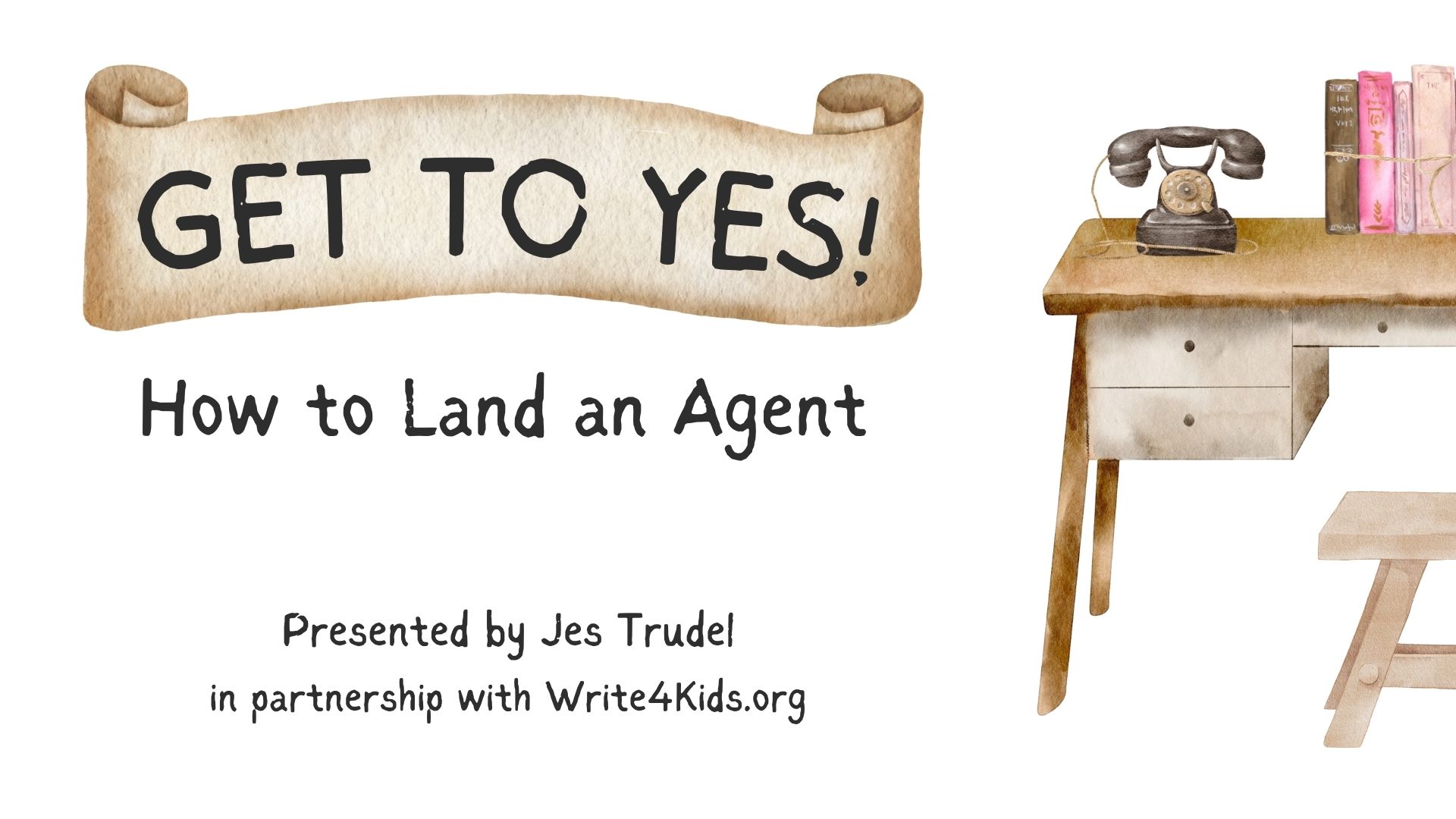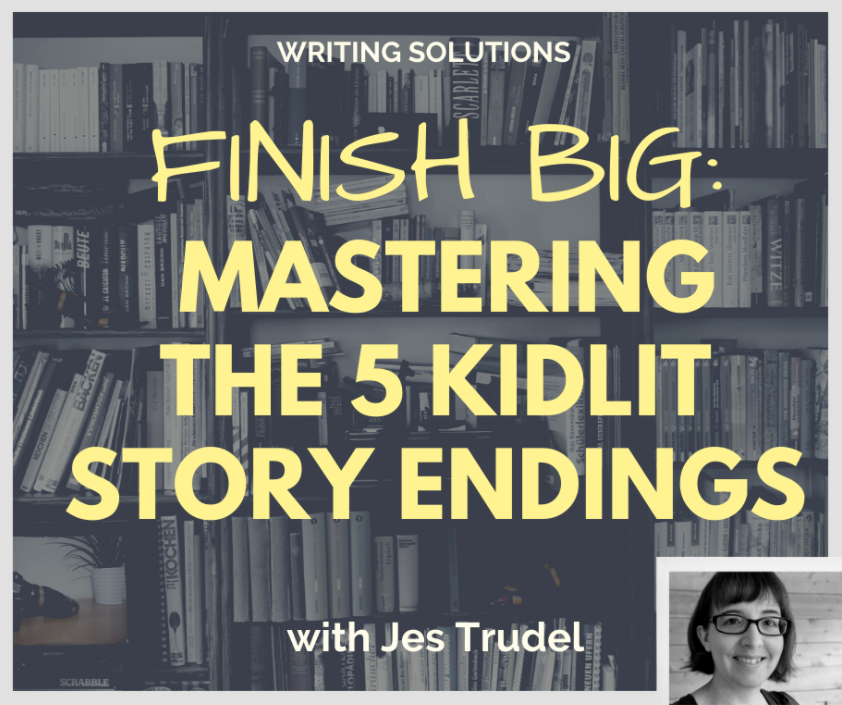
10 Tips for Choosing Terrific Comp Titles
I don’t know a single creator who doesn’t struggle with finding comp titles for their projects. Even I do sometimes, though I’ve learned tricks and found tools to help reduce that frustration significantly. Now, I’m going to share some of those tools and tricks with you.
First, what is a comp title? A comp title (a.k.a. comparable title) is a creative work that has sold that shares similarities with your work that you haven’t yet sold. Comp titles are useful for marketing because it allows the audience to gain a better understanding of the style, tone, or intention of your work by connecting it to a product they’ve already consumed and know well.
But beware: a great comparable can get your story picked up, but the wrong comparable can turn your audience off and affect the salability of your project.
10 Tips for Choosing Terrific Comp Titles
- Understand Your Story. There are a lot of elements that make up a story: plot, characters, themes, tropes, setting, structure, tone, point of view, etc. You won’t find a comp that matches all of these elements (if you do, you’ve probably written something derivative), so which ones are you going to comp to? It’s important to ask yourself which elements of your story are most important to understanding its essence. Comp selection success relies on you really knowing your own story, so you may want to start by writing…I’m sorry…a synopsis. I know! Everyone hates writing a synopsis, but it really forces to you “kill your darlings” as it were, setting aside the parts that aren’t as important in favour of focusing on those that are. The most important themes will be more visible, the essential parts of the narrative arc will stand out, and you’ll be better able to match those elements up with an stellar comp.
- Match to the Right Market. While you might get some attention for describing your science fiction book as Blues Clues for adults, it might not be the right kind of attention. Publishing, film, television, etc. are already segmented by industry, market, and genre. While there will always be individual projects that act as cross-over products (ones that appeal to multiple markets), chances are yours already has a space in which it belongs. To best engage your audience, try to compare your project to a title that operates in the same space as where your work is intended to exist. Do your research so you don’t look like you don’t understand the industry you’re trying to break into.
- Understand Your Genre. Similarly, every genre comes with expectations. If you choose comps that don’t match those expectations, the audience may assume your project will be more like your comp and less like what you’re trying to sell. Sometimes, this can be a good thing; innovation is amazing! But if you’re breaking the rules then you may need to factor that into your comp selection and description. For example, if your story is fast-paced and something that is slow in pace is a perfect comp if not for the speed, you could describe it as “______ at break-neck speed.” But the only way to know you need to describe this way if if you really understand your genre and what your audience expects. So do your research (are you sensing a theme with these tips?). You may find that the genre you thought your work belonged in is actually not the one where it really belongs.
- Choose a Recent Title. While it can be hard to constantly stay up-to-date on the market, especially if you have multiple projects spanning ten+ years, it’s vital that you be able to show your project is still relevant today. Will today’s consumers buy into your project? Will consumers two years from now? That’s what your comp titles are meant to show. Try to choose a title that was released within the last five years. Even better, choose one that was released within the last three. Even if your project is picked up and fast tracked, chances are it will be a year or two before it reaches your audience, so you don’t want your comps to be pushing the boundary of irrelevant before you even start trying to sell it.
- Pick Titles Your Audience Will Know. You might be a connoisseur of all things artistically obscure, but don’t assume your audience is. We’re all busy people! Try to choose standouts. Standouts are ones that have garnered media attention, that have received positive reviews from major outlets, or that have gained a strong consumer-level following. Search out websites and magazines specific to your industry and see how much attention this comp has received. If no one’s heard of it, you’re not doing yourself any favours comparing to it. Even if you happen to know that the specific person you’re trying to sell your work to is a fan of that particular unpopular title, they won’t make the decision in a vacuum, and you’ll need to be prepared to explain to someone down the line why yours will fair better in the market than your comp did.
- Buffer a Blockbuster Title. While choosing a popular title is good, choosing a blockbuster title won’t necessarily impress your audience. They might instead think that you have a high-and-mighty opinion of yourself. So, instead of simply comparing your work generally to “the Hunger Games” or yourself to “Stephen King,” add a buffer statement. For example, you could describe your book as having “the high stakes of The Hunger Games,” to let your audience know your character has found themself in a life or death situation with world order implications, without the assumption that you think your project will be all the things that Hunger Games was.
- Avoid contentious titles or creators. We all know that significant controversy can surround some titles or creators, sometimes justified, sometimes not. It’s up to you to decide which controversies you’re okay associating yourself with, but do know that if you comp your book to a controversial title, you will be associating yourself with that creator. A comp title is a bit like naming your role models, so before you list a title, consider those implications.
- Get comfortable with databases. You can’t read, watch, and listen to every work of art ever created. Even if you only create one work in a specific industry, market, and genre, the average person would still only be able to consume a fraction of the content there. So take advantage of the tools that have been created for you. There are databases all over the internet dedicated to your industry. Book writers have Novelist and AR Bookfinder, scriptwriters have the AFI catalog and Imdb, songwriters have Discogs and The MLC, and the list goes on and on. Find a database that works for you and get really comfortable with using it. It’s a blessing a curse that most databases have a “if you liked this, you’ll probably like this” section that will refer you to titles they’ve already linked together via tags, so once you start, you might not be able to stop.
- Read detailed reviews. While it can be easy to just glance at the overall star rating of a work to determine it’s quality and popularity, you may be missing some important details. Even if you’ve consumed the title yourself, you can only appreciate it from a single (or intersectional) perspective. It’s possible for the general public to review a work very highly, but for the critical reviews to point out significant detriments, or for the critics to praise a work and then the general public to cry out against problematic content. So dig into those detailed reviews from a diverse set of reviewers to make sure you’re not missing something important that would take this title out of the running for comp status.
- Crowdsource. If you haven’t already joined a group that is focused on your industry, market, or genre, now’s the time. These people are doing the same work you are now: searching for comp titles for their own projects. Along the way, they are reading up on so many titles that aren’t right for their project, but just might be perfect for yours. So ask them! Give them some of the important details of you work that you want to comp, and let them give you a place to start. From there, you can usually rely on the databases you’re comfortable with pointing you to even more possible comps. Just know that the more specialized the group you join, the more accurate the results will be.
Even with all these tips and tools at your disposal, finding comp titles is hard! Did you know that we have a Comp Title Curation Service for book writers? Let us know if we can help.


